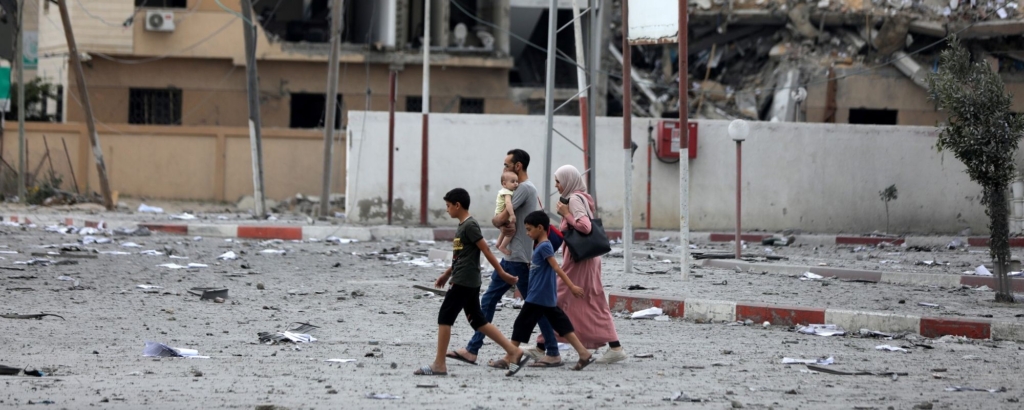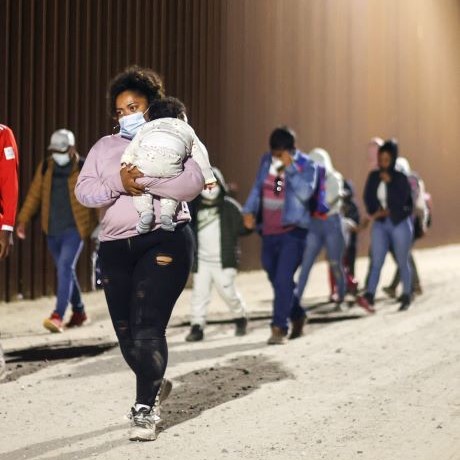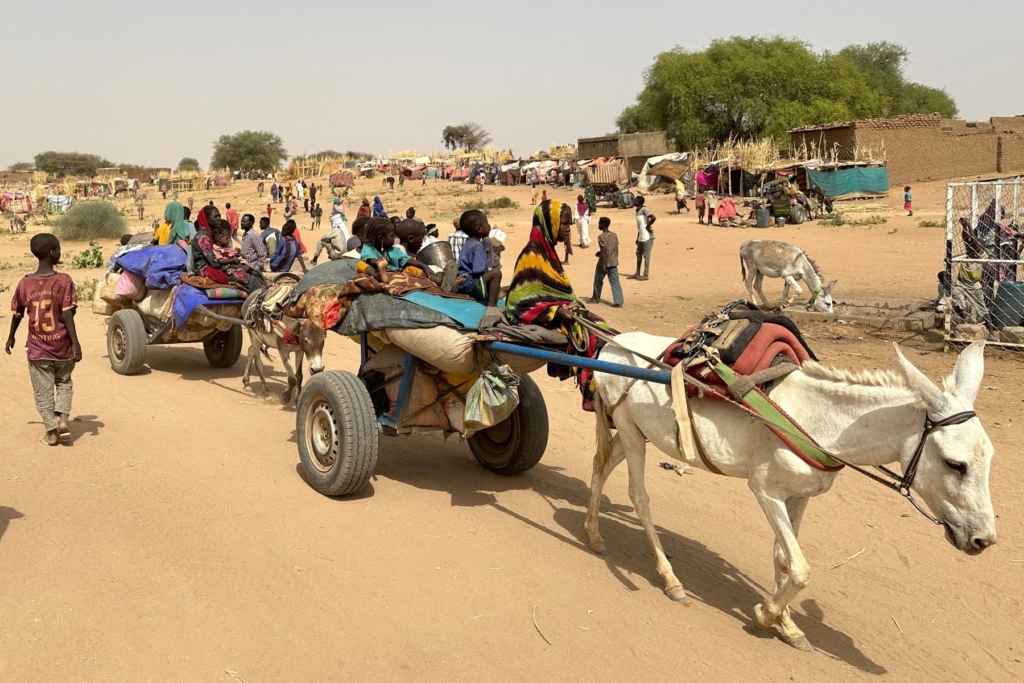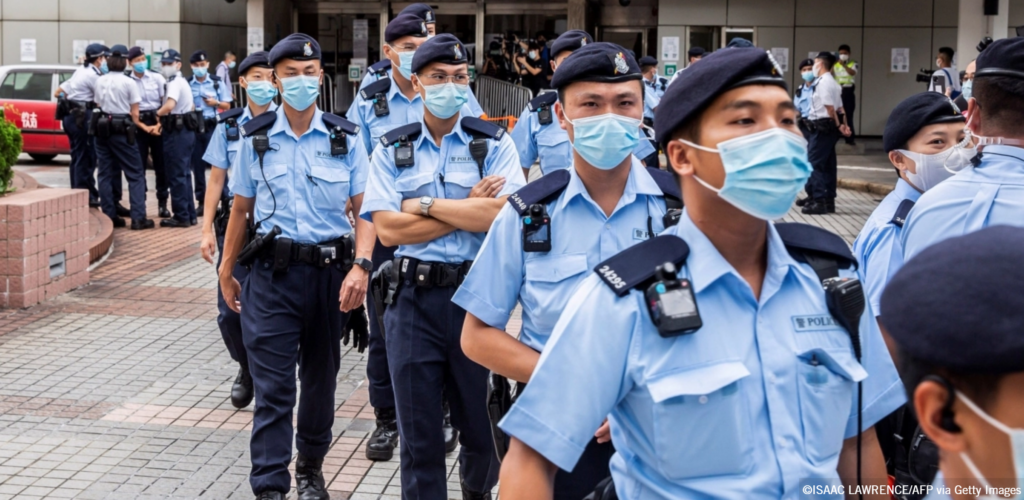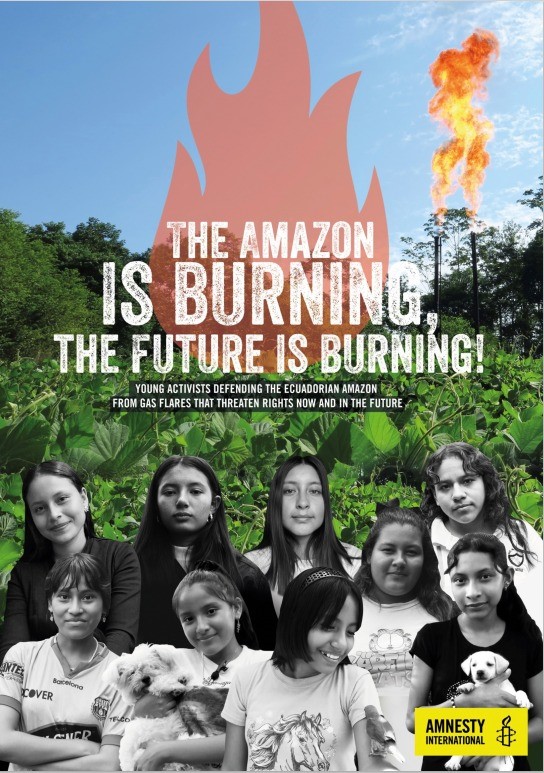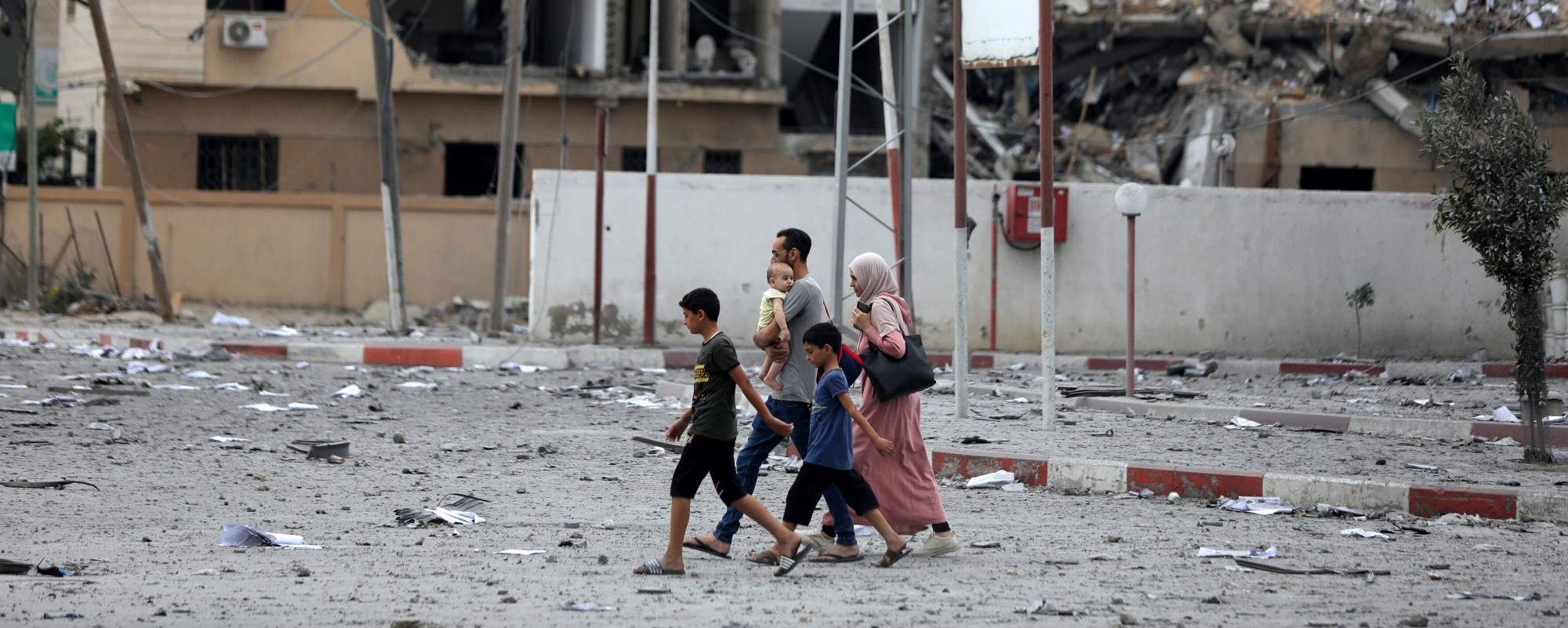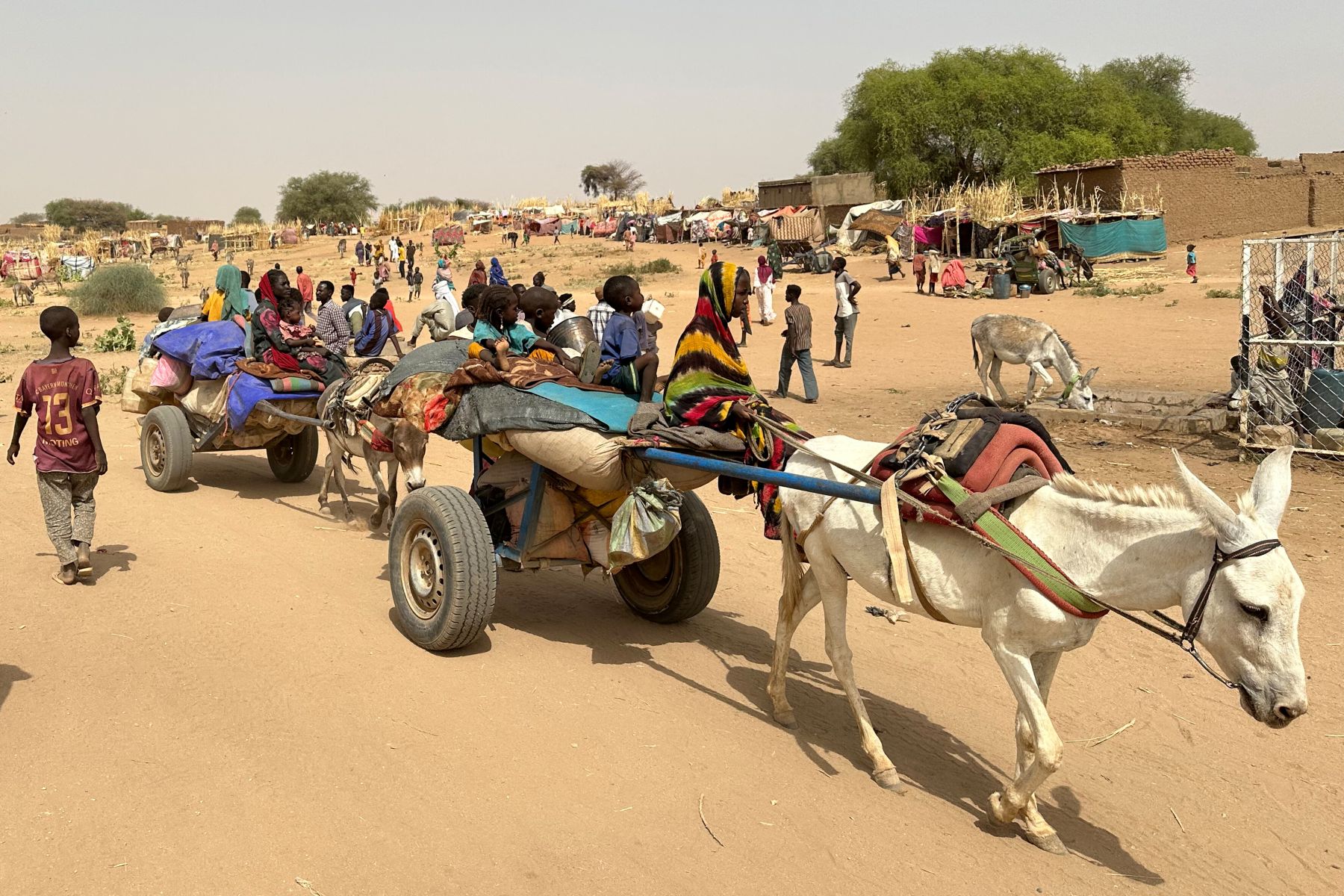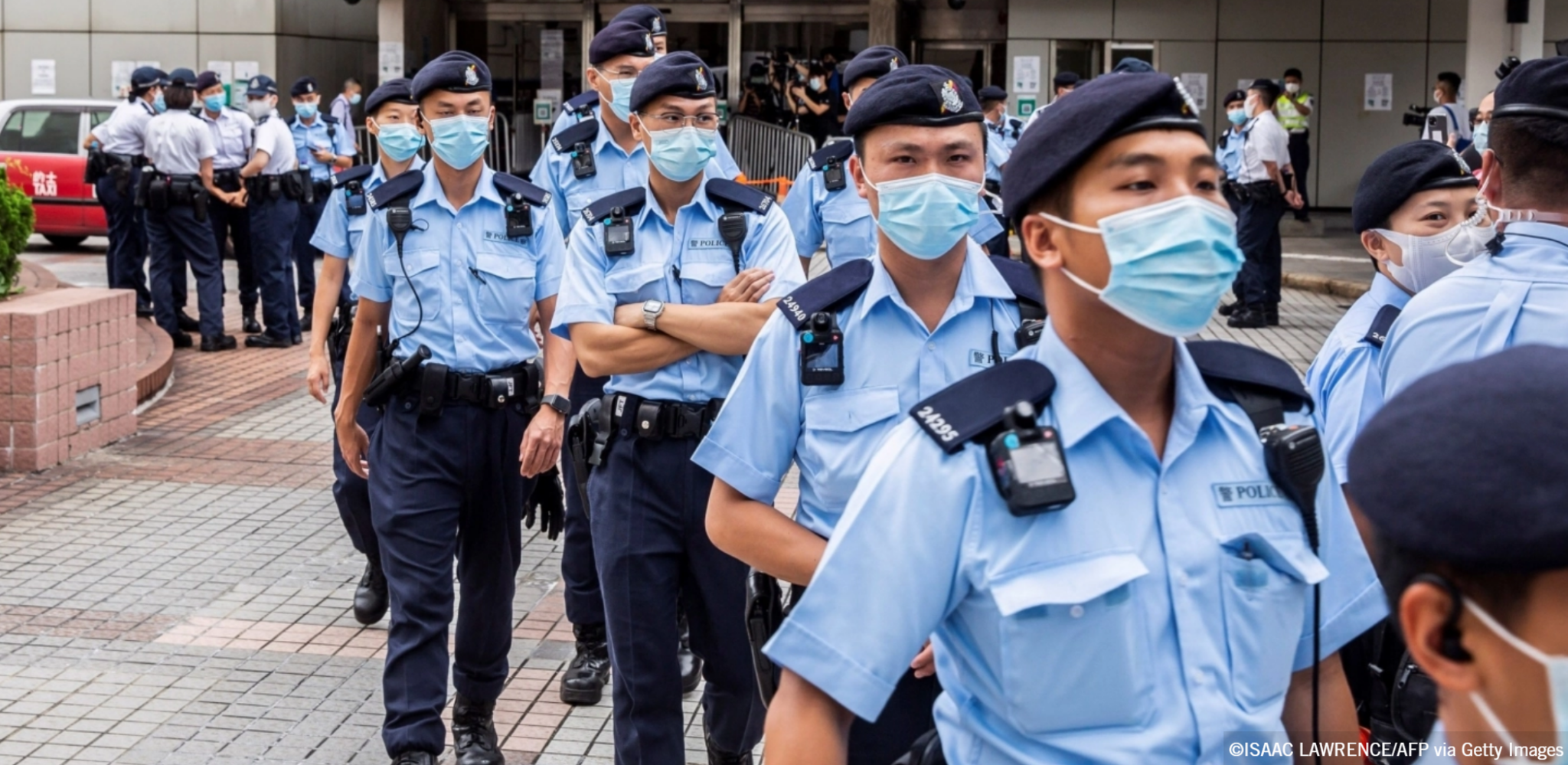Amnesty International appeared today before the Senate Human Rights Committee to urge government to take immediate steps to address sterilization of Indigenous women in Canada without their consent.
Amnesty International testified alongside Alisa Lombard, a lawyer leading a class-action lawsuit representing women who allege they were forcibly or coercively sterilized; Sandeep Prasad from Action Canada for Sexual Health and Rights; and Karen Stote, a professor at Wilfrid Laurier University who has extensively studied the historic record on this issue in Canada.
“Forced and coerced sterilization is a form of violence, it’s a form of torture, it’s happening in Canada, and it is happening in other countries,” said Jacqueline Hansen, Amnesty International Canada’s Gender Rights Campaigner. “We know of cases in Peru, Mexico, and other countries where marginalized women—Indigenous women, women living with HIV, poor and rural women—have been sterilized without their free, full, and informed consent. We are advocating alongside Indigenous women’s organizations and other human rights organizations for strong and swift federal action to end this practice in Canada once and for all, and ensure justice for survivors.”
Amnesty International’s submission to the Standing Senate Committee on Human Rights can be viewed in the attached document. Among its recommendations, Amnesty is urging the federal government to:
1. Appoint a special representative to meet with survivors and their families, to hear their requests for justice and reparations.
2. Meet with provinces, territories, health bodies, and civil society, including Indigenous women’s organizations, human rights organizations, and reproductive health associations.
3. Conduct a formal investigation into allegations of forced or coerced sterilizations in Canada, so as to better understand the scale and scope of this issue, taking a trauma-informed, survivor-centred approach, and with particular attention to cases involving Indigenous women and girls. As a first step, the Canadian Institute for Health Information (CIHI) should be tasked with compiling all relevant information about sterilization.
4. Clarify the process by which free, full, and informed consent must be obtained prior to any medical procedure, to ensure that women and healthcare providers across Canada are clear on the process for obtaining consent.
5. Support healthcare providers in promoting a full range of sexual and reproductive health information and services across Canada.
6. Apply existing criminal legislation on torture and aggravated assault as warranted for cases of forced or coerced sterilization.
7. Explore amending the Criminal Code to make forced and coerced sterilization a specific offense to increase its visibility and better support prosecution of cases of sterilization without consent.
8. Implement Truth and Reconciliation Commission Calls to Action 23 and 24 on increasing the number of Indigenous healthcare professionals and providing cultural competency training to all healthcare professionals.
9. Develop a comprehensive National Action Plan to prevent and address gender-based violence involving the federal government, provinces, territories, municipalities, and First Nations.
In October 2017, a class action lawsuit was filed in Saskatchewan representing two Indigenous women who report being sterilized without their consent. As of now, more than 100 more Indigenous women from Alberta, BC, Manitoba, and Ontario have come forward with similar allegations. Last December, the United Nations Committee Against Torture officially recognized that the forced or coerced sterilization of Indigenous women is a form of torture.
For more information, or to arrange an interview, please contact:
Lucy Scholey, Amnesty International Canada (English), 613-744-7667 ext. 236, lscholey@amnesty.ca
